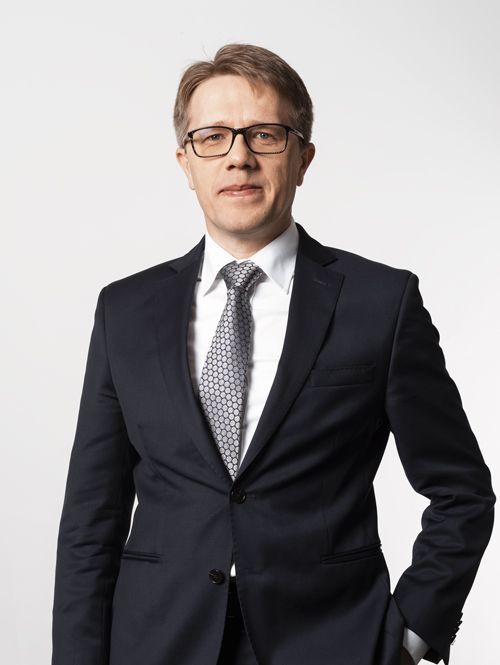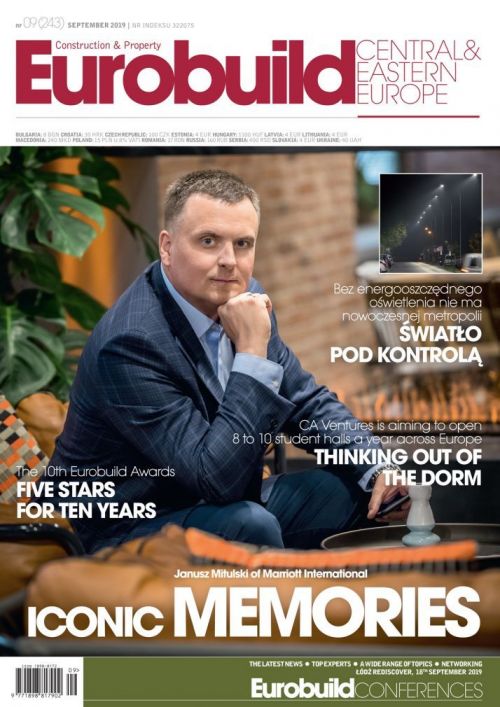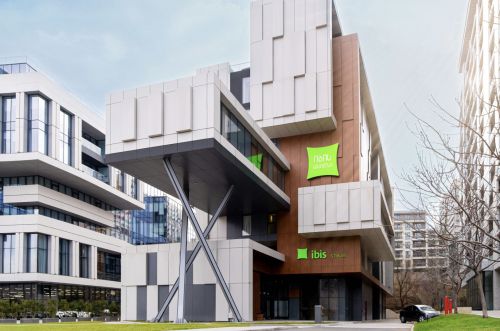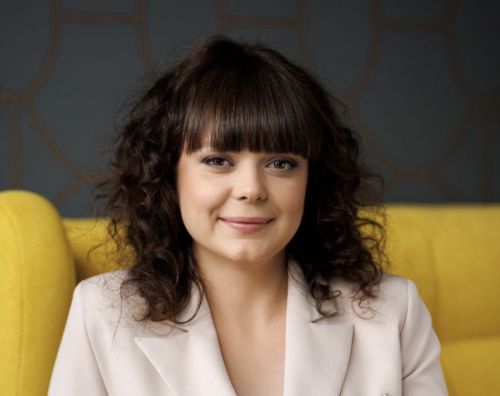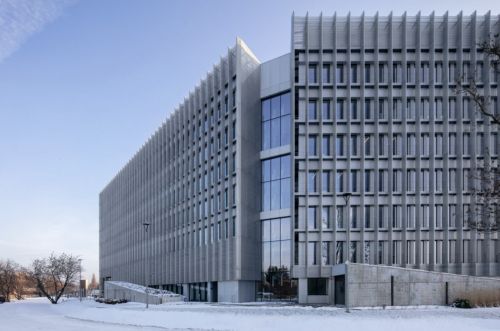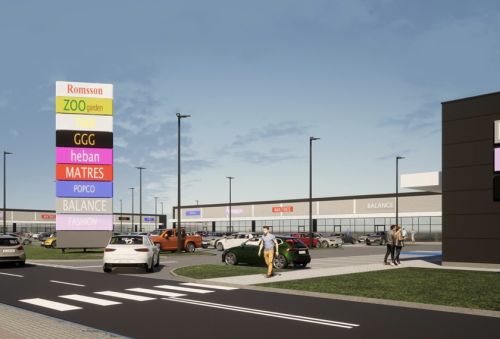Konrad Dziewoński, CEO, Buma Group: I would distinguish two types of what we call coworking: one has space designed for freelancers and open spaces, whereas the other is closer to Buma’s own concept. These are typical temporary offices. At Office has common areas such as a social space, relaxation areas and conference rooms, but each tenant has its own separate, closed office space. I think that temporary offices simply have to be on offer today. Why? There are tenants who do not need large areas but you can have high hopes with regard to their development. In my opinion, this type of office is ideal for companies that are constantly growing and for smaller ones that do not want to define their scale yet.
What are your plans for the next few years? Office buildings, residential? Where are you going to invest and buy land?
At the moment we have over a hundred thousand square metres under construction. In most cases, these are the initial stages of office as well as residential
